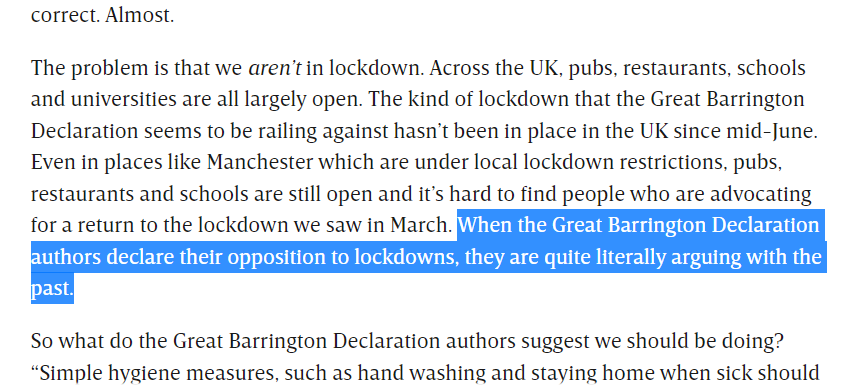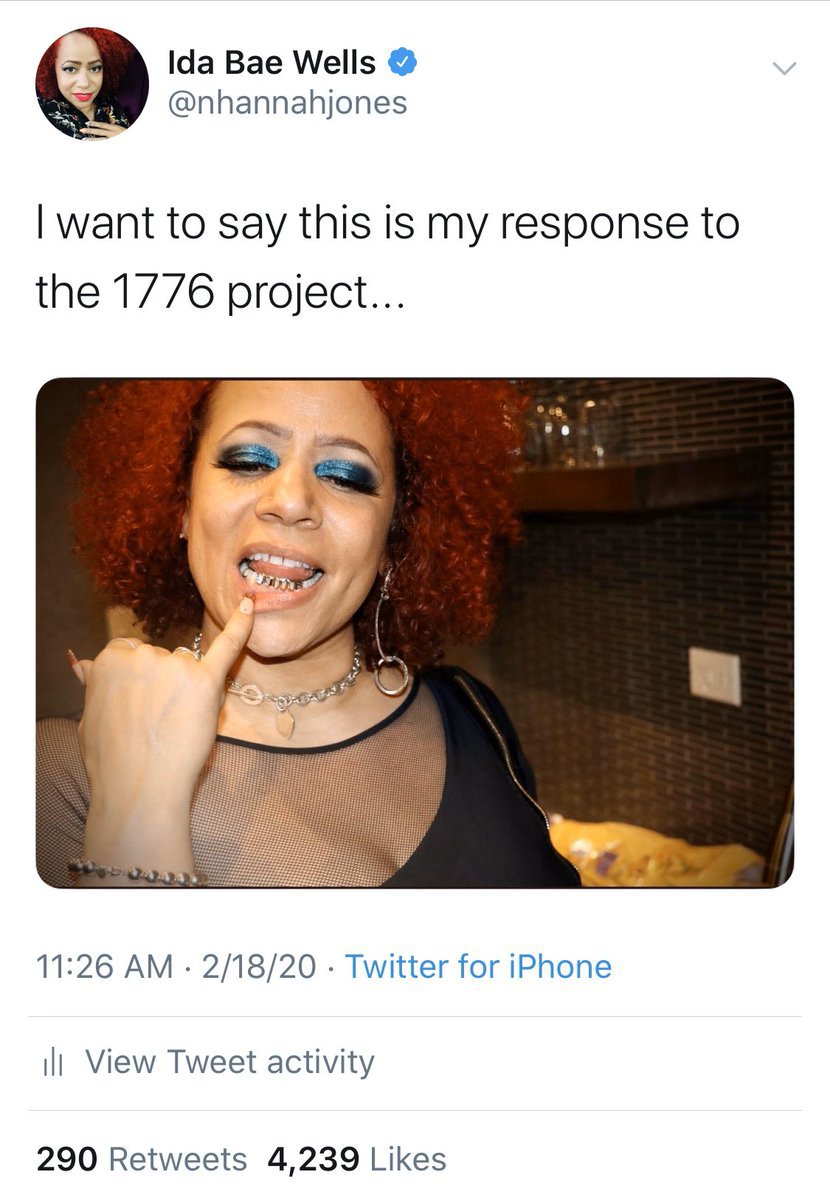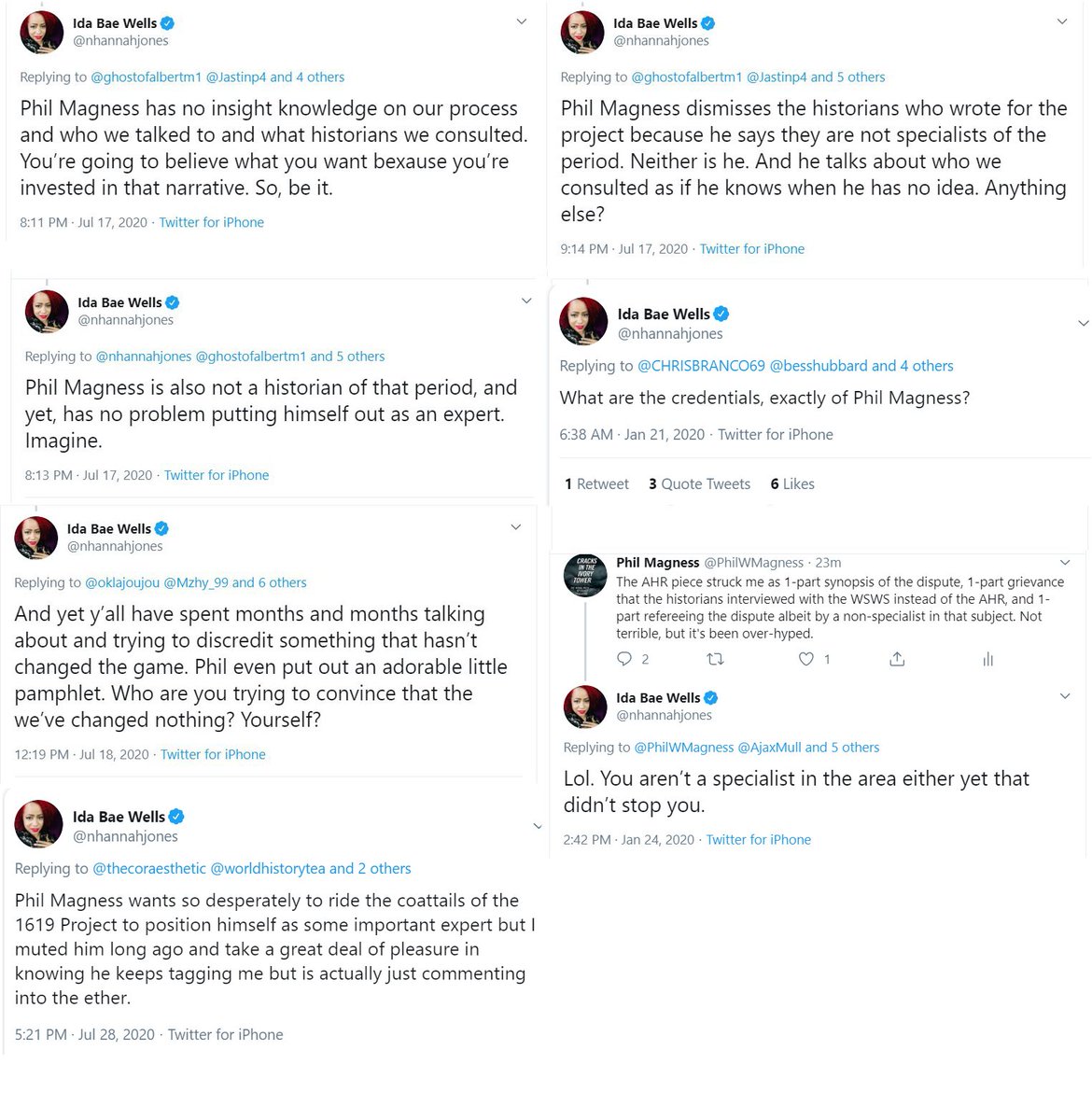
In my latest piece on the 1619 Project, I tackle the claim that double-entry accounting books on the plantations somehow make slavery a "capitalist" enterprise.
nationalreview.com/magazine/2022/…
nationalreview.com/magazine/2022/…
Contrary to the 1619 Project's line of argument (and related NHC literature), accounting books are not unique to capitalism. Even the Soviet Union used accounting books - heavily.
No sane person would argue that the Gulags are capitalism because they tracked forced labor outputs as part of a massively complex centrally planned economy. So why is that claim made about the plantations?
The answer, as I document, is that the 1619 Project and the New History of Capitalism lit it relies upon are intentionally fluid about how they define the term "capitalism" - and they use that fluidity to attach it to slavery for ideological reasons.
What they miss in the process: when you separate labor from the market wage mechanism (i.e. slavery, Soviet prison camps), it actually necessitates *more* complex accounting procedures than the alternative because there is no longer a signal effect from competitive pressures.
In short, a slave plantation is a microcosm of a centrally planned economy. And complex accounting mechanisms are attempts to compensate for the absence of market signals, as found in a free labor system - not an "advanced" form of capitalism as the NHC/1619 crowd maintains.
• • •
Missing some Tweet in this thread? You can try to
force a refresh
















